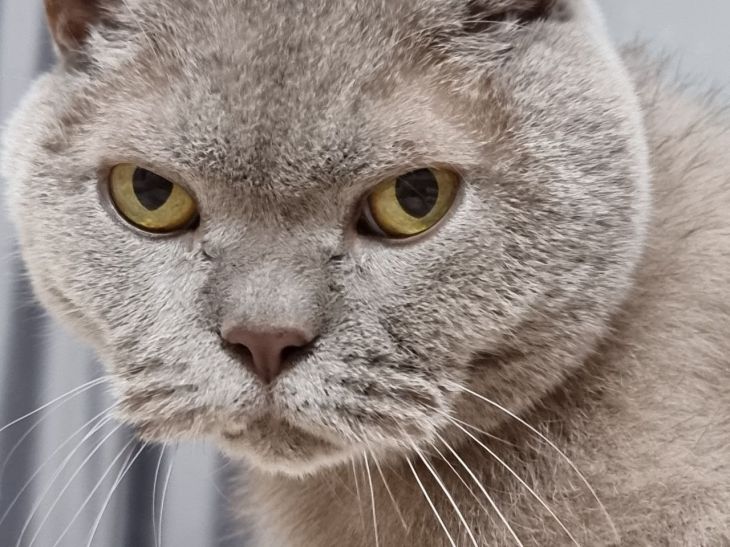Cats are very popular pets that require special attention and care.
One of the important aspects of a cat's health and well-being is its nutrition. How to feed a cat properly so that it is full, happy and does not suffer from excess weight or vitamin deficiency?
There are many different types of cat food: dry, wet, natural, specialized, etc. Each of them has its own advantages and disadvantages, and the choice depends on the individual needs and preferences of your pet.
In general, it is recommended to follow the following rules when feeding your cat.
Maintain a feeding schedule. It is better to feed cats on a schedule than to leave them freely available. This way, you can control the quantity and quality of food consumed, and prevent overeating or starvation.

Provide fresh water. Cats should have access to clean, fresh water at all times, especially if they eat dry food. Water helps maintain hydration and normal kidney and urinary function.
Consider your cat's age, breed, and health. Different cats have different nutritional needs depending on their age, breed, activity level, chronic illnesses, or allergies. Follow your veterinarian or food manufacturer's recommendations for the best diet for your cat.
Avoid human food. Many foods we eat can be harmful or dangerous for cats. For example, chocolate, onions, garlic, mushrooms, dairy products, salty or fatty foods can cause poisoning, stomach upset or an allergic reaction in cats. In addition, human food can upset the balance of nutrients in a cat's diet and lead to a deficiency or excess of certain elements.
Be careful with treats. Treats can be useful for rewarding or training your cat, but they should not make up more than 10% of her daily food intake. Treats should be specifically designed for cats and match their taste and digestion.
Proper nutrition for your cat is the key to a long and happy life. Follow these simple cat feeding guidelines and contact your veterinarian if you have any questions or concerns. Your cat will thank you for your love and care!








